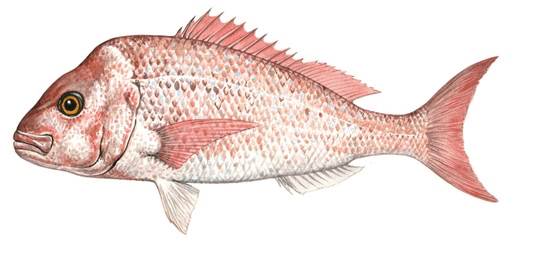Man of mettle
Tribute to a conservation superhero

Don Merton was conservation’s action hero. He was equally a mentor to me for 40 years, and a friend to many. You became part of “Mertie’s” family as soon as you knew him, and were always welcomed by his wife, Margaret, with a hot meal and a room for the night, and by their son, David, their foster daughter, Maria, and for a time at least, equally enthusiastically by Juanita, their canary-eating chihuahua.
It’s no easy business saving species. You need to burn with a fierce inner passion and refuse to take no for an answer. You need to be prepared to lay your job on the line over a matter of principle and, if necessary, to lose friends. If those sound like the qualities of an unlikeable person, then you never knew Don, for in addition to those qualities, he possessed kindness, modesty, gentleness and patience. He was carbon steel in kid gloves—a deceptive combination that led over the years to a great many managers totally underestimating his mettle, and a great many threatened species benefiting from it.
As a boss he was positive, encouraging and empowering. He possessed the courage to delegate action, and while we were finding our feet, he would shoulder the responsibility himself. He made conservation an adventure for us, and we felt invincible. Carrying black robins down cliffs, and handling boat transfers between islands in choppy seas, we became better at conservation ourselves. He showed the same patience to a trainee in the field as he did to a robin entangled in a mist net. That was his other great strength: he loved birds—he wasn’t working for the Department of Conservation, he was working for the wildlife. His influence on the attitudes and values of an entire generation of conservationists has been profound, and as one of his many wildlife trainees, I can affirm he is the inspiration behind our work with wildlife today.
I was in the Wildlife Service in the 1970s when the call was made to save the kakapo and the black robin, and I saw who everyone turned to. It was Don Merton, supported by Brian Bell—the man who gave Don his job. The world knows the conservation achievements of this country would be considerably less were it not for both of them.
After the death of ‘Old Blue’—once the single remaining breeding female in the population of Chatham Island black robins—Don carried a marble plaque out to the Chathams in his personal luggage and quietly cemented it to a rock in the Mangere bush, close to where the old robin had nested those many years past. It now seems appropriate we do the same for his other old friend ‘Richard Henry’: if you stand on the Milford Road at the site of the twin bridges across the Donne and the Gulliver, you can see the wild home of Fiordland’s last kakapo, high up on the Esperance/Gulliver Wall—a reminder to us all of how high the threat of predators has now climbed in Fiordland.
Don spent his last months battling cancer, helped by Margaret, his wife of 52 years, who stoically looked after him at home. Old friends called in to see him during this time—sometimes as many as 20 in a day—and he and Margaret were never busier. Together they faced his last challenge with the same quiet courage and dignity he had shown throughout a lifetime of rescuing endangered species.
Without Don, the kakapo and black robin would probably now be extinct; instead they live on through our own lifetime, a legacy to us and a tribute to him. But Mertie created something larger than himself, because another generation of New Zealanders inspired by him have now found their own calling to conservation.
Pass on the stories of Don Merton. Instil conservation values in your own children. As they grow up, they will become the decision-makers of the future. Without their appreciation of what he and others like him have done, much of it can be undone with little more than the stroke of a pen.
Rest peacefully, Don. When you stepped out of the phone booth, you looked just like every other New Zealander, but you seemed like Superman to us.

















